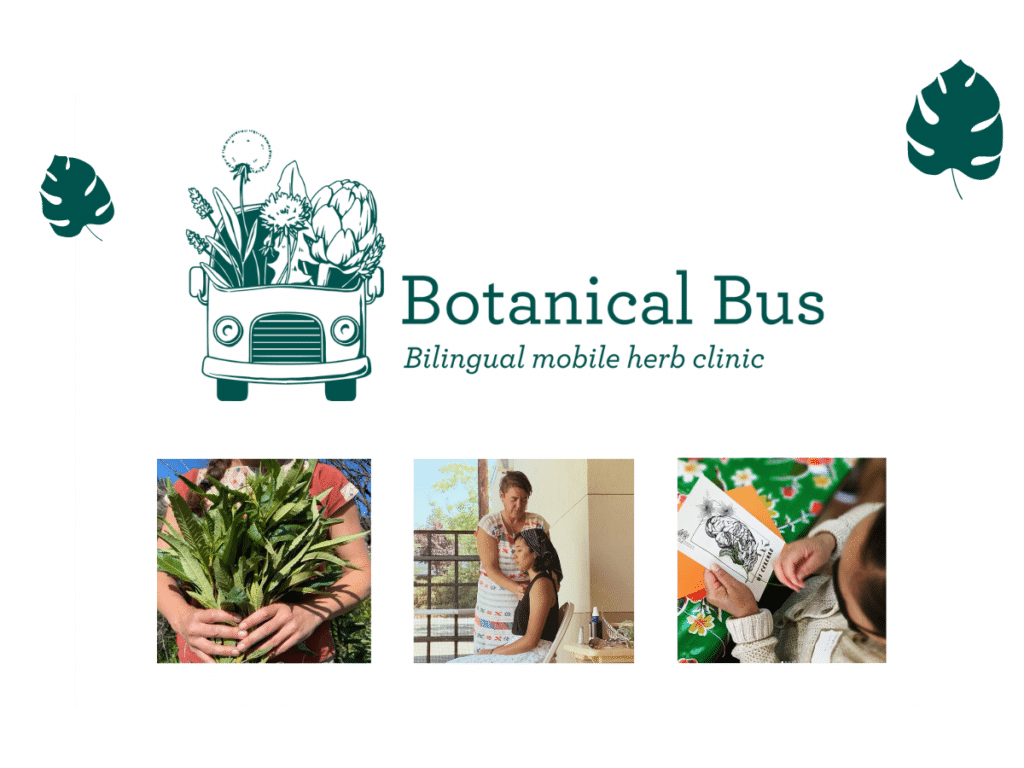
With the help of our generous brand partners, for the month of November we will donate $1 for every Cann, Henry’s, Rose Delights, Camino and Kikoko product sold to Botanical Bus.
Botanical Bus empowers holistic health by-and-for Latinx and Indigenous people through culturally centered, community driven programs.
They meet their Latinx and Indigenous clients where they are- at vineyard worksites and trusted
family service centers- to provide bilingual, bicultural health services including massage,
acupuncture, somatic therapy, diabetes prevention and care, clinical nutrition and herbalism. Botanical Bus’ programs, led by Promotora CHW’s, include Farmworkers Clinics and Wellness Workshops.
WHY THIS MATTERS
Latinx and Indigenous people in Sonoma County experience staggering health disparities shaped
and sustained by current social and economic inequities:
– In California, 90% of Farmworkers are Latinx or Indigenous to Central and South America, and 57% are estimated to be undocumented (Lewis, 2021).
11,060 vineyard workers were employed in Sonoma County during the 2018 grape harvest valued at $2 billion (Lewis, 2021).
– 92% of farmworker families in Sonoma County do not earn enough money to meet their
basic needs (Lewis, 2021).
– Farmworkers are more likely to face food insecurity than the county's poorest residents
(Lewis, 2021).
– Less than ⅓ of Farmworkers report having health insurance (Lewis, 2021).
Botanical Bus’ health services are mobile because residential segregation, by race and ethnicity, income and occupation, is a social determinant of health. Our health services are bilingual because 4 in 10 of the 29,000 undocumented immigrants residing in Sonoma County do not speak English (Lewis, 2021). Their health services are bicultural because positive mental health outcomes can be better achieved through valuing cultural wealth (Adams & Chavez, 2016).